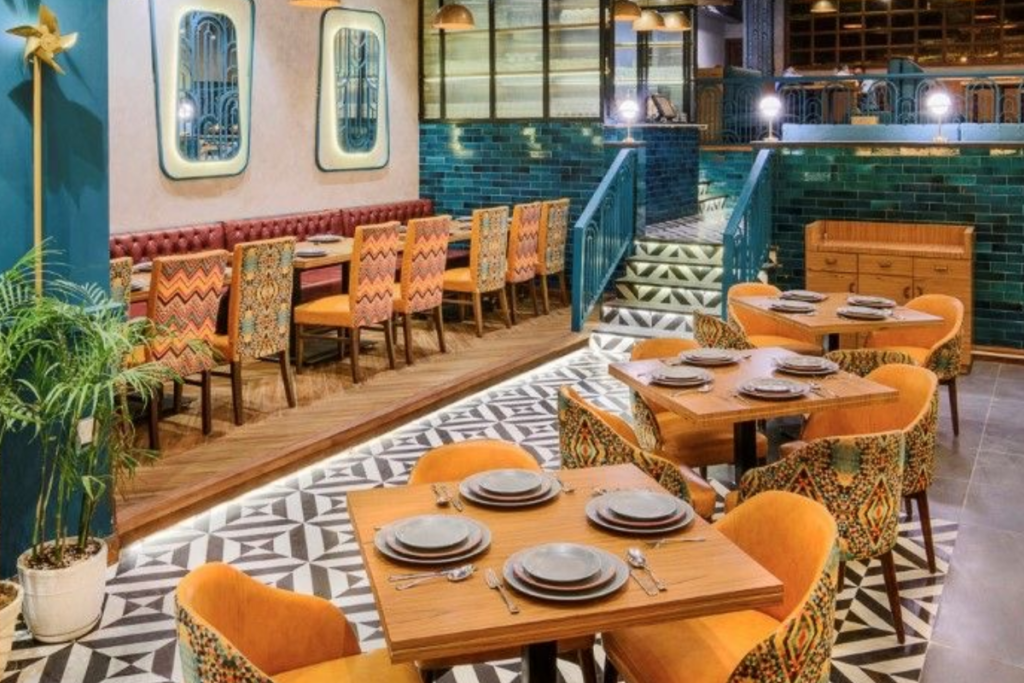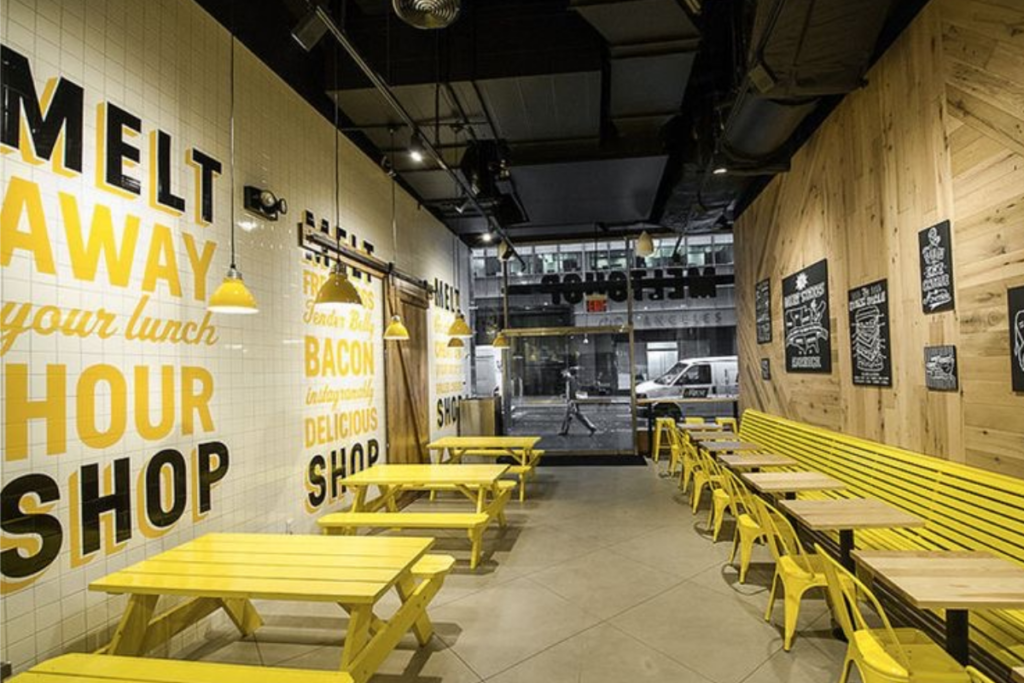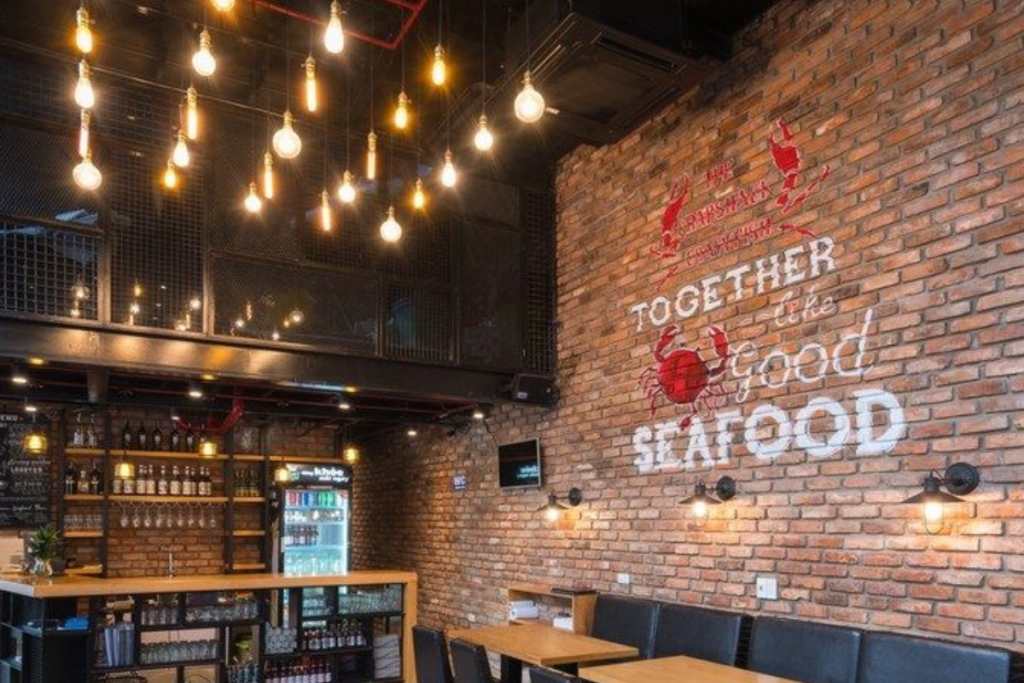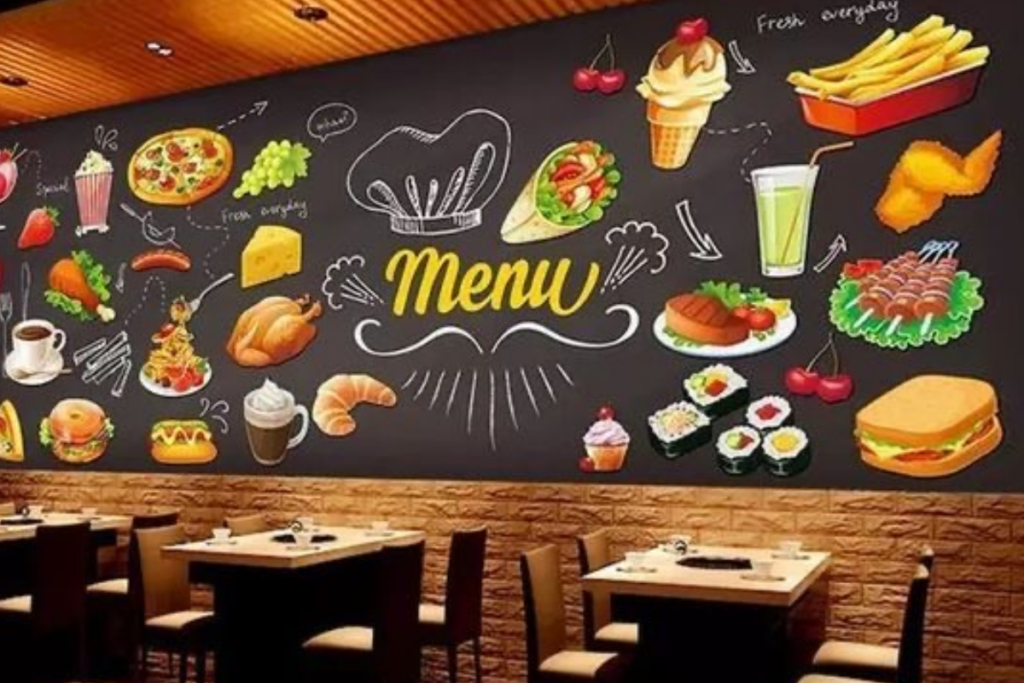It is no news that the current inflation rate is affecting several aspects of the economy; the food industry is not left out, as several restaurants are filing for bankruptcy this year. The rate at which restaurants are filing bankruptcy has significantly increased.
This shows that many restaurants are struggling financially, and this is leading many of them to declare bankruptcy. However, this isn’t just happening in the food industry but also in other parts of the economy.
So far, in 2024, at least ten restaurant chains, not including the smaller franchise multi-units, have filed for bankruptcy. In August alone, three major restaurants declared Chapter 11 bankruptcy. This increase in bankruptcy comes as customers are spending less money on eating out, workers’ wages are getting higher, and government aid that helped during the COVID-19 pandemic is no longer available.
More restaurants might still declare bankruptcy later this year. For example, BurgerFi, which also owns Anthony’s Coal Fired Pizza & Wings, announced that it might be unable to keep its business afloat. Others, like Mod Pizza, avoided bankruptcy by selling their businesses at the last minute.
Restaurants are not the only businesses experiencing these problems; other businesses also suffer. This is especially true because high interest rates have weighed heavily on companies. As of August 20 this year, bankruptcy filings had increased by 49%.
The following is a list of 10 major restaurant chains that have filed for bankruptcy in 2024:
Roti and Buca di Bepp
Roti
Roti is one of the restaurants filing for bankruptcy this year. The Mediterranean fast-casual chain filed for Chapter 12 bankruptcy protection on August 23. The company stated that they are working with landlords and suppliers. They want to keep their 22 locations open while looking for new buyers or investors to help them out of their financial challenges.
The issues that caused Roti’s bankruptcy started during the COVID-19 pandemic. During that period, about half of their restaurants were in busy areas with fewer customers. Although some new investors came to their aid and helped them survive, the recent drop in consumer spending led them into their present situation. As of June, Roti had raised $58 million to keep the business running.

Buca di Beppo
Buca di Beppo, an Italian-American restaurant chain, also filed for bankruptcy on August 5. However, despite its financial problems, the restaurant plans to open a new one. The company said its financial issues were caused by increasing costs and challenges in finding and later keeping workers. Buca di Beppo started in 1993. Later, it was sold to Planet Hollywood in 2008 after some top officials were involved in an accounting scandal.
ALSO READ: Red Lobster Is Closing More Restaurants Due to Ongoing Bankruptcy
World of Beer and Rubio’s
World of Beer
World of Beer is a Tavern chain that filed for bankruptcy protection on August 2, 2024. The restaurant’s bankruptcy is caused by high interest rates, inflation, and a reduction in the number of consumers going out to eat after the long pandemic. World of Beer plans to close some of its unprofitable outlets.

Rubio’s
Rubio’s Restaurants declared Chapter 11 bankruptcy in June. The fast-food chain had 86 locations in Arizona, California, and Nevada. The company said the reasons for Rubio’s bankruptcy problems are the increased food and utility costs and fewer customers buying lunch at restaurants because many work from home.
California’s decision to raise the minimum wage for fast-food workers to $20 per hour also affected the restaurant chain. Just before filing for bankruptcy, Rubio’s closed 48 restaurants that were not making enough money in California. In August, Rubio’s agreed to sell itself to a company that had lent it money before. This is not the company’s first filing for Chapter 11 bankruptcy; it had previously filed for one in 2020.
Melt Bar & Grilled and Kuma’s Corner
Melt Bar & Grilled
Melt Bar & Grilled is a Cleveland restaurant chain that became popular among consumers for its cheese sandwiches and craft beer. It started in 2006 and expanded to 14 locations. By June of this year, the company started having trouble paying its bills and rent. The food company had to file for Chapter 11 bankruptcy to try to save the business. By the time Melt Bar & Grilled filed for bankruptcy, it was already down to four restaurants.

Kuma’s Corner
Kuma’s Corner’s parent company, Kuma Holdings, filed for bankruptcy in June. The midwestern burger chain, known for its heavy metal and punk rock-themed menu, opened in 2005 and became well-known because of its unique style and menu.
ALSO READ: Chicken Soup for the Soul Entertainment Files for Bankruptcy Protection
Red Lobster and Tijuana Flats
Red Lobster
The famous seafood restaurant Red Lobster filed for bankruptcy in May because it struggled with several problems. One of the reasons for Red Lobster’s bankruptcy is the tough economy. Other issues include poor business decisions, having many outlets in locations that weren’t yielding enough profits, and increased competition from other restaurants.
Another major problem the seafood chain had in 2023 was a promotion offering unlimited shrimp, which significantly affected its finances. Another significant problem was an expensive lease agreement made by a previous owner. This lease agreement became too expensive as sales dropped.
Despite Red Lobster’s woes, an investment group wants to buy it, and they have chosen a new CEO. The new buyers chose Damola Adamolekun, the former CEO of P.F. Chang’s, to lead the company if it emerged from bankruptcy.

Tijuana Flats
Tijuana Flats, the Tex-Mex restaurant chain, announced its new ownership and filed for Chapter 11 bankruptcy in April. The food company also mentioned that it would close 11 of its locations. A company called AUA Private Equity Partners sold Tijuana Flats to another group called Flatheads LLC. They made this move as part of a plan to reorganize the business.
Sticky’s Fingers Joint and Boxer Ramen
Sticky’s Fingers
Sticky’s Fingers Joint is a chain of restaurants that sells chicken tenders. In April, the company filed for bankruptcy because it struggled with high supply costs and leftover problems from the pandemic. Another major problem was the legal fees from a lawsuit by a competing restaurant called Sticky Fingers.

Boxer Ramen
Boxer Ramen is a chain of restaurants in Portland, Oregon. The food company serves ramen noodles. In February, it filed for Chapter 11 bankruptcy. By the end of April, it had suddenly shut down all four of its locations, more than a decade after the restaurant chain was founded.
You Might Also Like:
New Report Shows Nvidia Revenue Grew by 122% Due to Soaring Demand for Data Center Chips
Top 10 Colleges for Financial Aid—Including One Ivy League School
2024 First-Half Profit Report Paves the Way for Upcoming Klarna IPO

